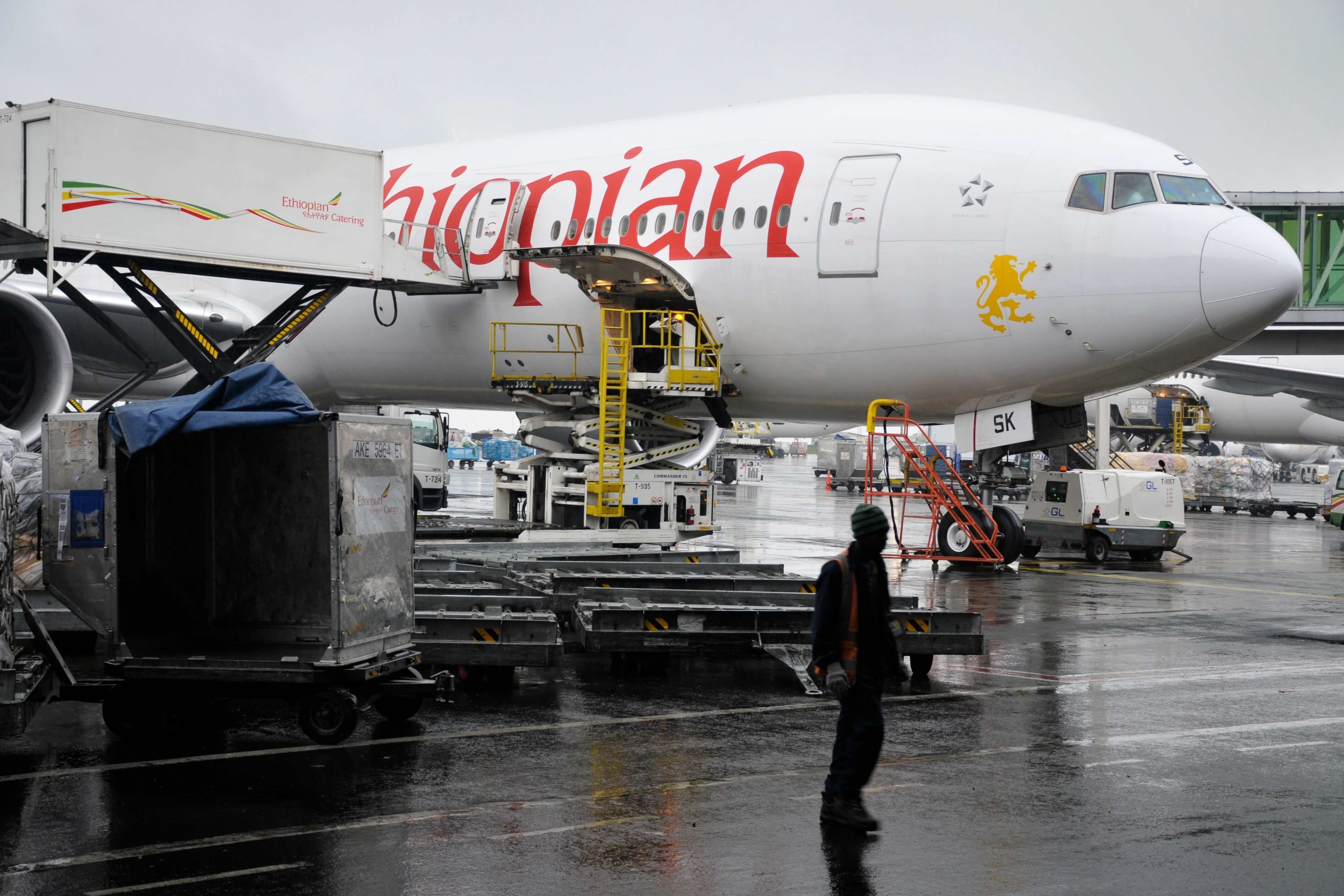Ghana’s government is working on a new policy where gold rather than US dollar reserves will be used to buy oil products.
Vice President Mahamudu Bawumia disclosed this via Facebook on Thursday.
He explained that the decision is intended to address Ghana’s declining foreign exchange reserves and the demand for dollars from oil importers, a situation that has drastically weakened the local cedi and driven up living expenses.
The Vice President said that since domestic vendors would no longer require foreign currency to import oil products, using gold would prevent the exchange rate from directly impacting the cost of fuel or utilities.
“The demand for foreign exchange by oil importers in the face of dwindling foreign exchange reserves results in the depreciation of the cedi and increases in the cost of living with higher prices for fuel, transportation, utilities, etc.”
“To address this challenge, the Government is negotiating a new policy regime where our gold (rather than our US dollar reserves) will be used to buy oil products. The swap of sustainably mined gold for oil is one of the most important economic policy changes in Ghana since its independence.
“If we implement it as envisioned, it will fundamentally change our balance of payments and significantly reduce the persistent depreciation of our currency with its associated increases in fuel, electricity, water, transport, and food prices. This is because the exchange rate (spot or forward) will no longer directly enter the formula for the determination of fuel or utility prices since all the domestic sellers of fuel will no longer need foreign exchange to import oil products,” he explained.
Ghana’s Gross International Reserves stood at around $6.6 billion at the end of September 2022, equating to less than three months of imports cover. That is down from a stock position of around $9.7 billion at the end of last year, according to the government.


